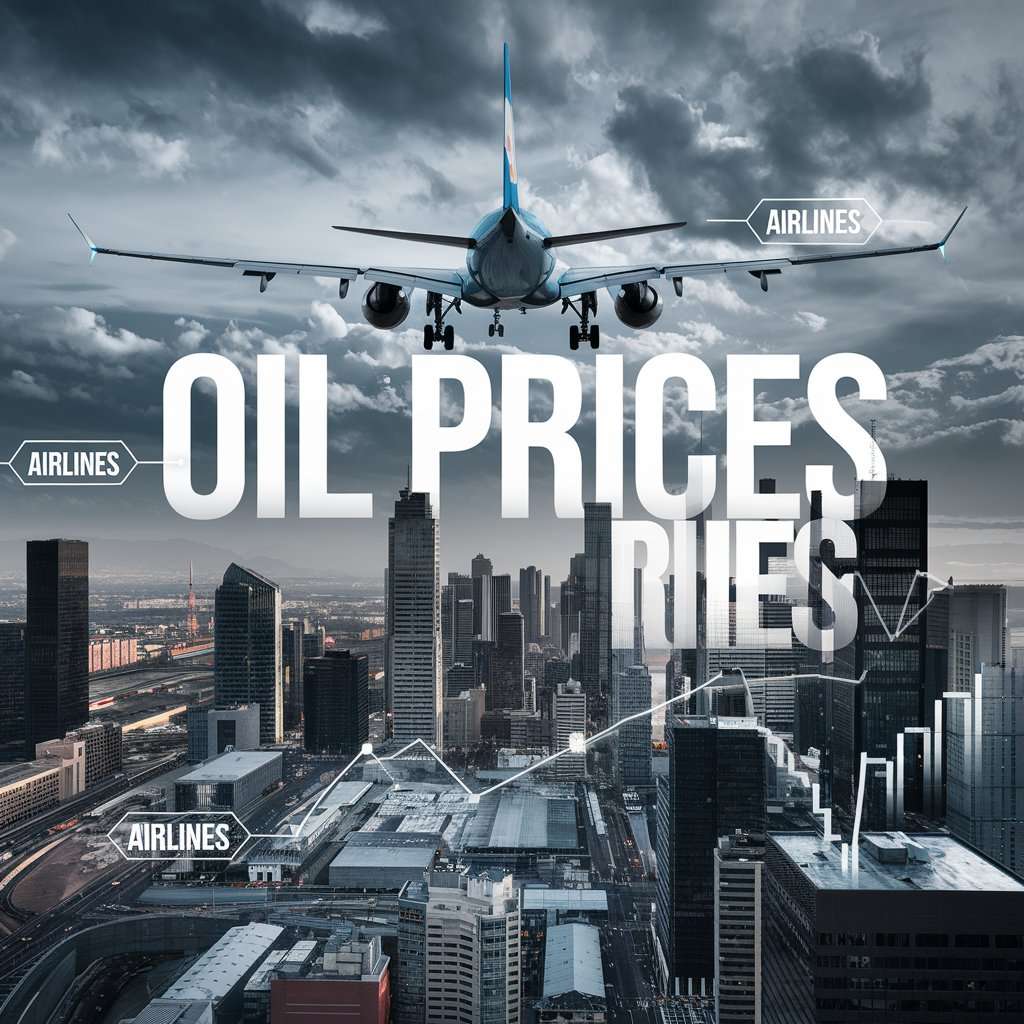How falling oil prices affect airline ticket prices
Oil prices play a pivotal role in the aviation industry, significantly affecting operating costs and profitability. Today, airlines worldwide are benefiting from the recent drop in oil prices, leading to improved profit margins and a more optimistic outlook for the industry. This article explores how these changes are influencing airlines, including key financial implications and what passengers can expect.
Understanding the Relationship Between Oil Prices and Airlines
Fuel accounts for a significant portion of an airline’s operating expenses—typically around 20-30%, though this can rise higher in certain markets. When oil prices drop, it translates into immediate savings for airlines, allowing them to cut operational costs, enhance profitability, and offer more competitive ticket prices.
Conversely, when oil prices rise, airlines often face difficult decisions. They can either absorb the increased costs, which squeezes margins, or pass the costs onto consumers in the form of higher ticket prices. Therefore, fluctuations in oil prices have a direct impact on both airline profitability and passenger costs.
Current Trends: Falling Oil Prices and the Airline Industry
As of today, oil prices are seeing a downward trend, driven by factors like global oversupply and economic slowdowns in major economies like China and Europe. For airlines, especially in regions where fuel is priced based on Brent crude oil benchmarks, the drop in prices has brought relief after months of elevated costs during the pandemic recovery phase
-
IndiGo’s Strategic Gains: India’s largest airline, IndiGo, has been one of the key beneficiaries of lower oil prices. With fuel making up a large part of its operating costs, the company is expected to witness an increase in profit margins, which will reflect positively in its quarterly earnings reports.
-
US Airlines: Major U.S. carriers like Delta Air Lines, American Airlines, and Southwest Airlines are also experiencing the benefits of falling fuel prices. This comes at a critical time when the industry is rebounding from the pandemic-induced slump in demand, allowing them to offer more competitive fares and potentially increase capacity on key routes.
How Airlines Are Capitalizing on Lower Oil Prices
With oil prices trending lower, airlines are using the opportunity to expand services, improve balance sheets, and pass on savings to consumers. Here are some strategies airlines are adopting:
-
Reinvesting in Fleet Modernization: Airlines are capitalizing on lower operating costs by reinvesting in their fleets. Many are purchasing more fuel-efficient aircraft, which will further reduce their reliance on fluctuating fuel prices in the long term.
-
Improved Pricing Strategies: Airlines have the flexibility to offer more competitive fares, especially on long-haul flights, where fuel costs represent a higher percentage of overall costs. This has also increased demand, as consumers are more inclined to book flights when prices are lower.
-
Increased Flight Capacity: Lower fuel prices also allow airlines to expand their flight offerings, including more routes and increased flight frequency. This is particularly evident in the U.S. and European markets, where airlines are ramping up capacity to meet renewed travel demand after the pandemic.
Challenges Remain: Volatility in Oil Prices
While the current drop in oil prices has brought relief, airlines are still wary of future volatility. Oil prices can fluctuate due to geopolitical events, changes in supply and demand, and shifts in global economic conditions. Airlines, therefore, hedge fuel costs by locking in prices in advance to protect against price spikes.
For example, during the height of the pandemic, many airlines faced steep losses as oil prices plummeted but they were locked into higher prices through hedging contracts. Therefore, while today’s oil price trends are favorable, the unpredictability of the global market remains a concern for the future.
Impact on Airline Passengers
The benefits of lower oil prices are not only enjoyed by airlines but also by passengers. As fuel costs decrease, airlines can reduce fares and add more routes. Travelers can expect more affordable ticket prices and an increase in available destinations, especially for budget airlines that thrive on competitive pricing strategies.
In addition, airlines are investing in enhancing the customer experience with the extra revenue generated from fuel savings. This includes improved onboard services, updated aircraft, and more direct flight options.
A Positive Outlook for Airlines
The fall in oil prices has provided much-needed relief for airlines, allowing them to enhance profitability and invest in future growth. With lower operating costs, airlines are better positioned to pass on savings to consumers, expand their route networks, and modernize their fleets. However, the risk of future volatility in oil prices means that airlines must remain vigilant and strategically manage fuel cost




